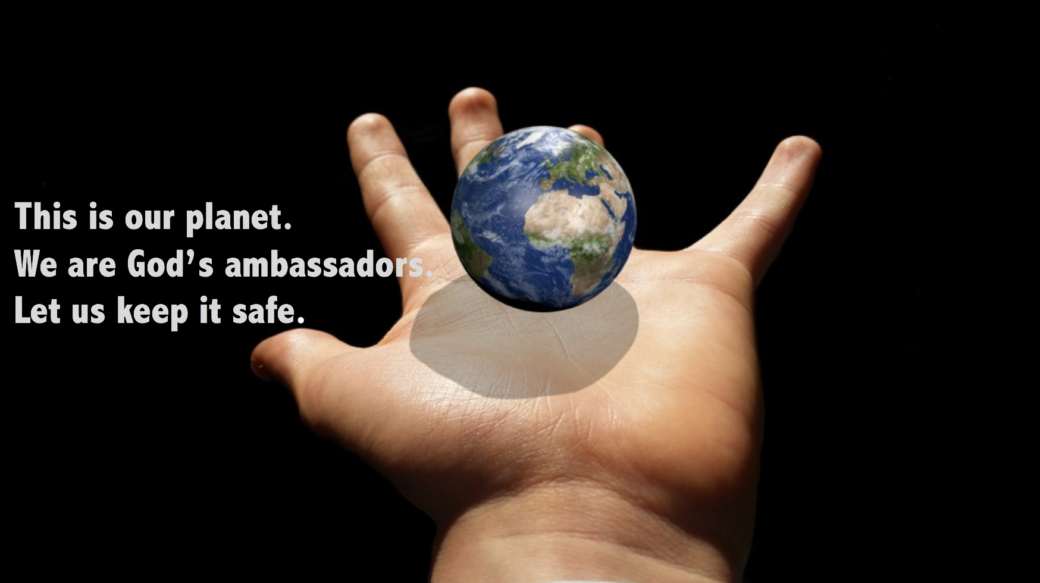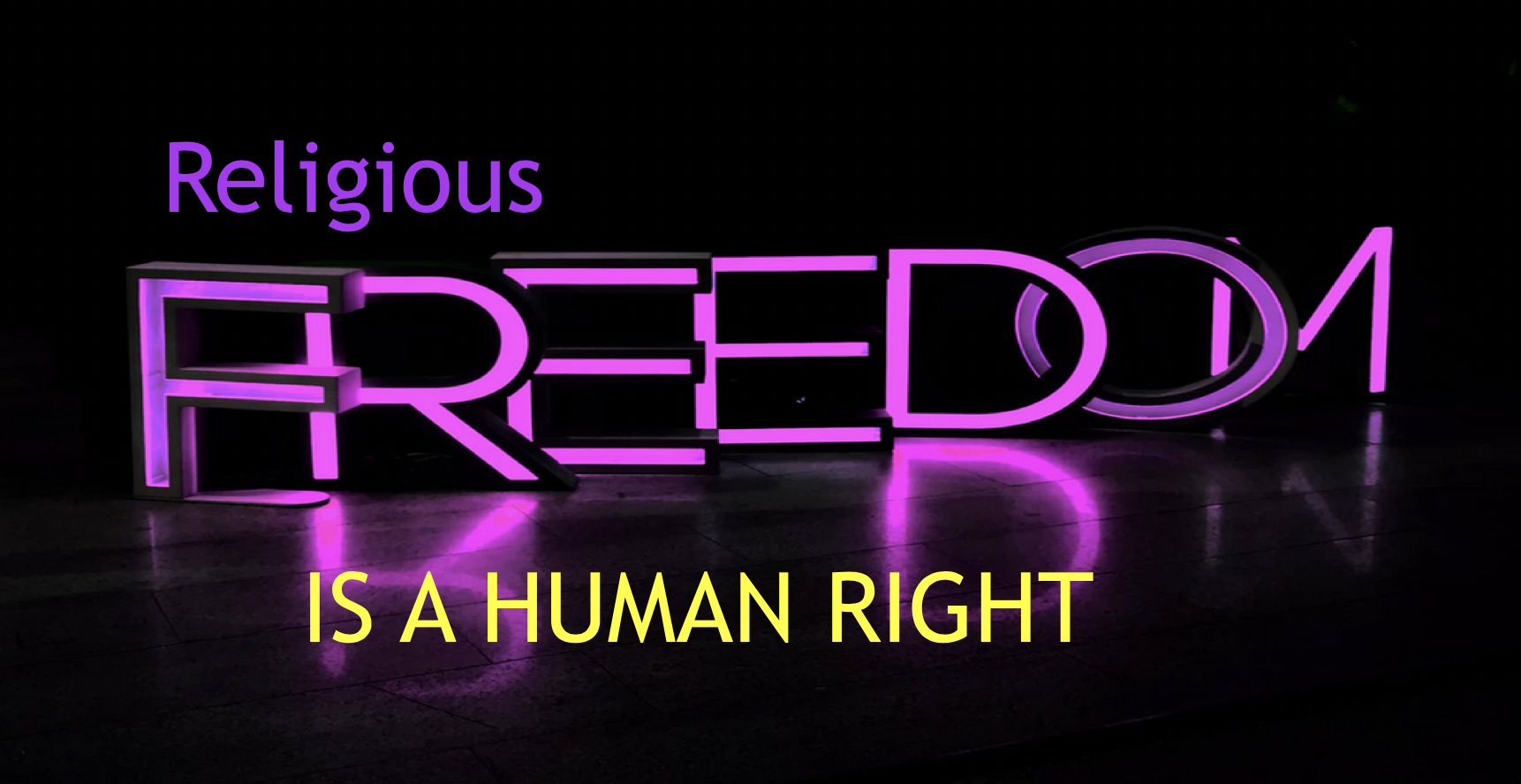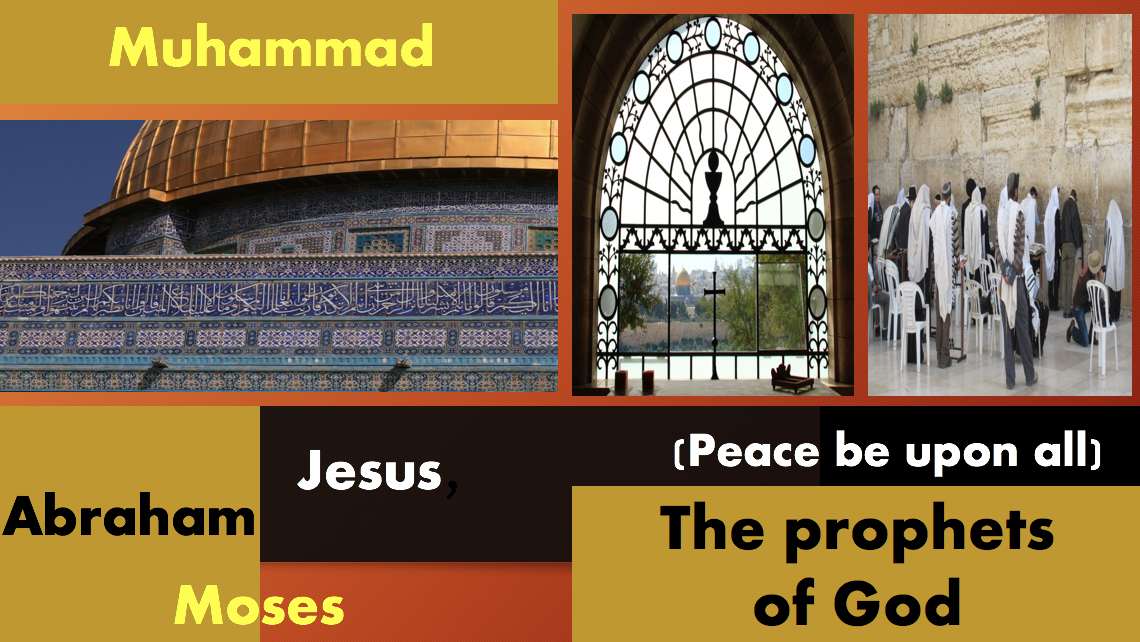
The purpose of human life
What is the purpose of our life on this earth? Why has God created us? The question is the nexus for all great religions, philosophers, and reasoning humans trying to make sense of our existence in this universe. The Quran tells us that God has created humans as His ambassador to the earth. This status requires voluntary submission to the Creator and obedience to His preferred way (Ibadah- Arabic for worship). It was God’s plan, not the result of His punishment, that humans would live on the earth. God created humankind with intelligence, free will to choose, inbuilt intuition to goodness (Fitrah), and Divine revelations as the tools to perform the job as a representative. https://qpeace.net/?p=1716
“Quran 2:30 “…And when thy Lord said to the angels, ‘I am setting in the earth an ambassador.’…”
“Quran 51:56 “…I have not created the Jinn and humankind except that they worship me…”
Is there a lesson from Adams’ transient presence in heaven?
Adam and Eve’s creation and their transient life in heaven, as described in the Quran, can be seen as a microcosm of humanity’s condition on the earth. It gives humans a glimpse of the potentials and pitfalls they will face in their life on this earth.
- Humans will be given intellect.
- They will be superior to other creations because of their intelligence.
- Humans will receive Divine guidance.
- They will be exposed to Satan’s misguidance.
- Humans will be given free will to chose between guidance and misguidance.
- Human beings will be fallible and will be misled to sin.
- They would repent to God for their sin.
- God, being the most Merciful, will forgive them.
What does Allah’s ambassador mean?
As a representative of God, human beings bear the responsibility to worship God, live a good life, and help others achieve the same objectives. In other words, Islam requires human beings to build a community with compassion, forgiveness, justice, and equality. Accordingly, believers should practice good interpersonal etiquette (Adab) and maintain high moral standards (Akhlaq). They should act in a balanced manner and avoid excess in all dealings. Muslims will not only encourage people to do what is good; they will also discourage others from doing what is bad. Last but not least, their goal is to seek the pleasure of Allah by submitting to Him and worshiping Him only. https://en.wikipedia.org/wiki/Akhlaq

“Quran 2:143 “…And thus we have made you a balanced community that you will be witnesses over the people and the Messenger will be a witness over you….”
“Quran 3:104 “…Let there arise out of you a band of people inviting to all that is good, enjoining what is right, and forbidding what is wrong: They are the ones to attain felicity…”
Our life is a test
For humans, the ambassadorial responsibility is a test from the Creator. Their actions become witness to their performance. Expression of appreciation and gratitude to the Creator, respecting other human beings, caring and sharing compassion towards all creations, commitment of love forgiveness and justice, or lack thereof, all will accordingly help or hurt them in the day of judgment. Doing good deeds, repenting for sins, and finally, God’s mercy and forgiveness is the way to salvation according to Islamic belief.





2 Trackbacks / Pingbacks